Mudavadi Condemns Gachagua for Urging US Probe into Kenyan Government
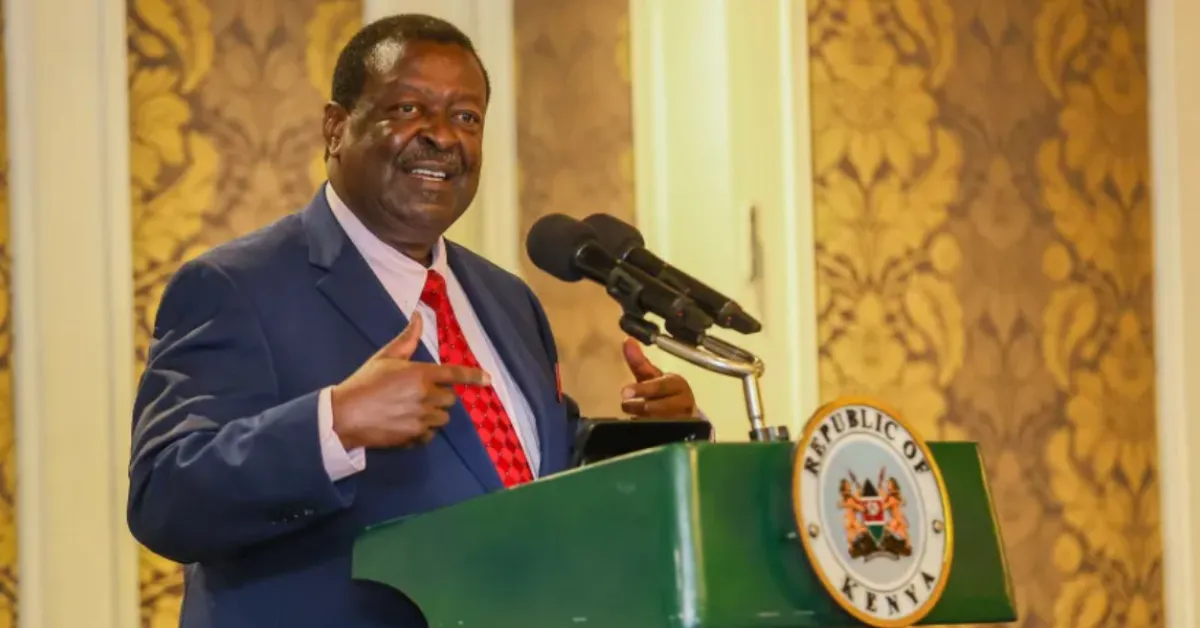
Prime Cabinet Secretary Musalia Mudavadi has issued a scathing rebuke of former Deputy President Rigathi Gachagua's recent pronouncements made during a visit to the United States.
Speaking in Busia County, where he was officiating the opening of new classrooms and a vital solar-powered water project, Mudavadi criticised Gachagua's statements as damaging to Kenya's international standing and potentially undermining its national security. Mudavadi's sharp remarks follow a series of contentious claims made by Gachagua while in the US, most notably allegations of government collaboration with the Al-Shabaab terrorist group.
The Prime Cabinet Secretary, who also oversees Foreign and Diaspora Affairs, unequivocally dismissed these claims as "baseless and insulting," arguing that such rhetoric not only misrepresented Kenya's robust counterterrorism efforts but also stoked unnecessary division both at home and abroad. The core of Mudavadi’s criticism rests on the potential harm inflicted by suggesting any form of collusion between the Kenyan government and a group responsible for devastating attacks on Kenyan soil.
"How can a government work with extremists who have caused immense suffering in Garissa, Dusit D2, and elsewhere?" he questioned, highlighting the absurdity of the accusation. "These are enemies of the state. To suggest otherwise is to trivialise the pain of victims and the sacrifices made by our security forces."
Given Gachagua's previous role within the National Security Council, Mudavadi asserts that he should be fully aware of the intricacies of Kenya’s anti-terrorism strategies. Questioning the nation's integrity on a public stage, Mudavadi implies, represents a serious breach of the expected conduct for a leader of his stature.
Beyond the security implications, Mudavadi expresses deep concern over Gachagua's appeal to the US government to investigate Kenya – a move he characterised as a "betrayal of sovereignty."
This intervention, he suggests, overstepped the boundaries of appropriate engagement, questioning whether Gachagua had somehow appointed himself an investigator on behalf of a foreign power. "True patriotism demands that we defend our country, not vilify it on foreign soil," Mudavadi declared.
These public disagreements occur at a sensitive time in Kenyan politics, as the nation seeks to foster unity following a period of intense rivalry. Mudavadi lauds the recent détente between President William Ruto and Azimio leader Raila Odinga, viewing it as a positive step towards a more inclusive approach to governance. He urges other political figures to follow suit, prioritising collaboration over inflammatory discourse.
"The President and Raila were once fierce opponents, yet they chose dialogue over division," Mudavadi observed. "That is the kind of leadership Kenya needs—one that prioritises national interest over personal grievances."
Mudavadi further cautions against the re-emergence of tribal politics, particularly within the Kenyan diaspora. He raises alarms that Gachagua's pronouncements had the effect of sowing discord among Kenyans living overseas, many of whom reportedly confronted the former Deputy President about his divisive language. Exporting such tribalism, Mudavadi argues, undermines the very communities that political leaders claim to represent.
The Prime Cabinet Secretary calls on all opposition figures to handle matters of national security with the seriousness they warrant, stressing that these issues should not be weaponised for political gain. Safeguarding the country, he emphasises, demands a collective commitment to truth and patriotism.


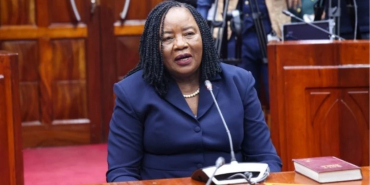
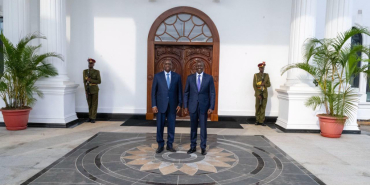
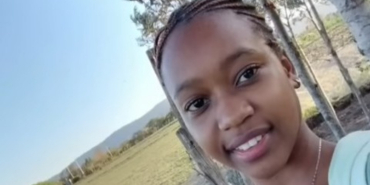

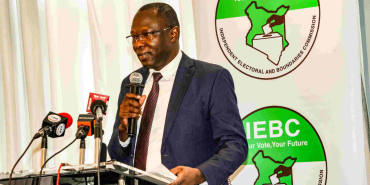
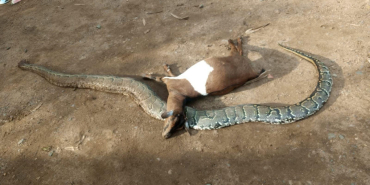
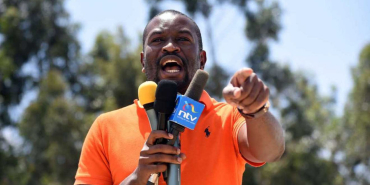



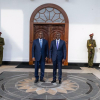

Add new comment